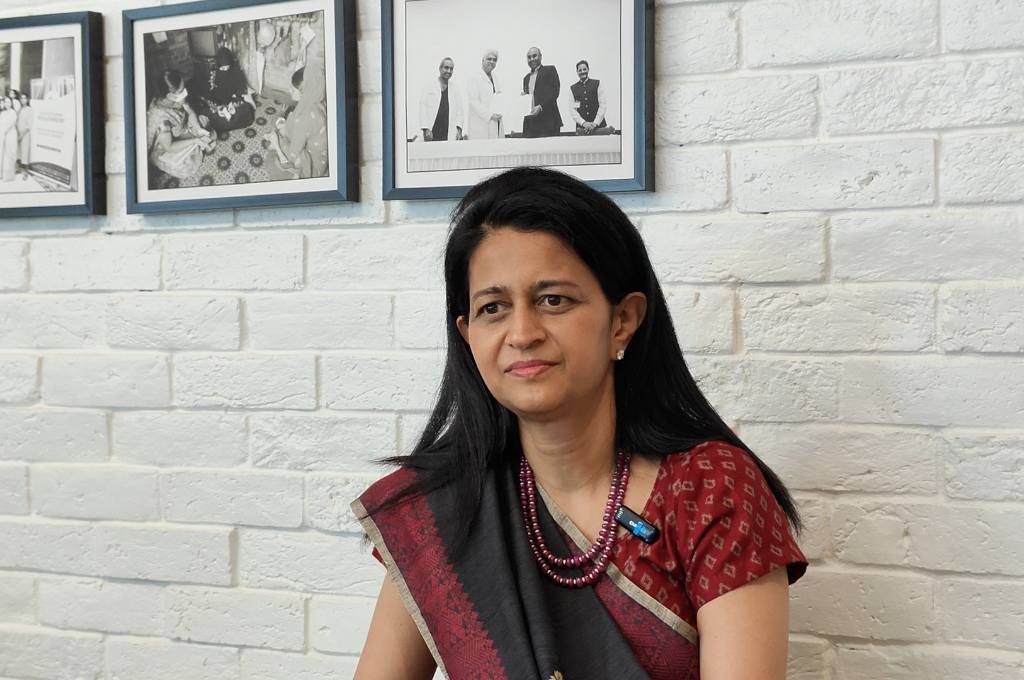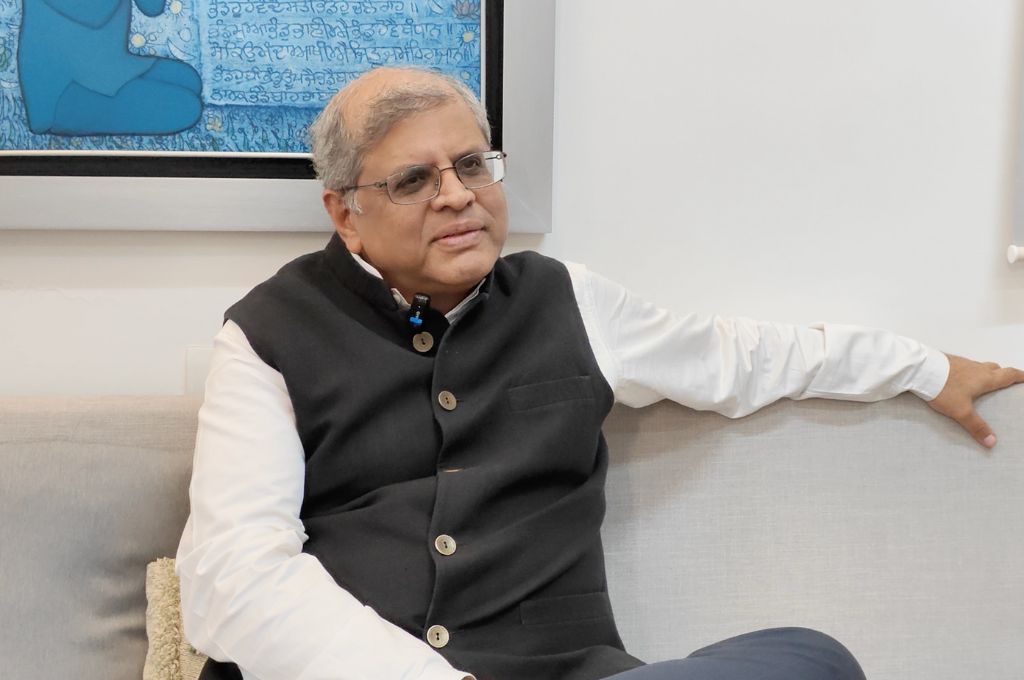I founded and run a small nonprofit, Prajnya, far from the capital city and off the radar of foundation offices; our work features neither in CSR schedules nor in government schemes; we have no FCRA or marketing genius.
All I had when I started off was a decent slate of academic and interpersonal skills, an idea about what needed to be done and how one might do it, and a sense of urgency—I had no clue that most of my work would be better suited to an MBA or administrative genius.
Acutely conscious of what I didn’t know—including the corporate jargon of the new millennium—I sought advice and constantly tried to follow it, looking up phrases like ‘elevator pitch’ and even trying to write a SWOT analysis even before we had started working.
Finally, someone gave me advice that made sense: “Do what comes naturally to you. Forget all the advice.” Life just became easier after that.
I continue to seek fundraising advice because we are constantly short of money for the things that nobody thinks nonprofits should need—space, cleaners and disinfectants for that space, paper, ink cartridges, storage devices, anti-virus and, of course, salaries.
We have a salary bill of 1.5 persons at this time: one programme officer and one administrator, only part of whose salary is paid by the nonprofit. They are both paid modestly. A small number of other positions now allow us to grow, but all involve stipends or retainers that are inadequate as livelihoods go.
We have a community of smaller, individual donors–mostly outside the city where we work. Initially, the donations were gifts from friends and family but now they come from those who follow our work, attend our programmes and have been part of our training. But, middle-class individuals can manage INR 500, 2,000 or the occasional 10,000, rarely more. We have one special circle of donors that support the programme but that’s a three-year commitment and we are running out of time on that.

With persistent, focused effort, small organisations seek to break down social injustice. (Photo courtesy: Pixabay)
Most of the advice we get is of no use to smaller nonprofits
I search desperately for solutions. People tell me things like, “Money gets money” or “Scale is everything.” They sound good to me, but irrelevant, as is most advice that I read.
There is a lot of impractical gyaan about CSR money and approaching this or that philanthropist. I hear about so-and-so getting an endowment grant or seed money. I have no idea how to go from here to there. It just leaves me feeling incompetent.
I came into the sector to contribute to changing the world for the better. In our case, this involves not service provision, but research, public education and network-building towards a peaceful and just world, for which our chosen spheres are gender equality and peace education.
Being a small and community-funded organisation comes with some benefits:
- Individual donors are a measure of how persuasive our work has been; every new or returning donor is buying into our cause.
- We are accountable in a higher, ethical sense and free from the time-sink of quarterly report-writing in someone else’s format—time freed for actual work.
- We are free to pilot, fail, tweak and adapt to actual needs and circumstances. We neither have to stick to someone else’s script nor rewrite all experiences as success.
- We can be true to our voice and vision because our donors—our community—expect only that from us.
This autonomy is invaluable. But it will only take most organisations so far.
Who will support the smaller organisations that do great work?
I worry about organisations that no one hears about, braving horrendous political and social odds in small towns and remote areas, doing wonderful work that those of us with shinier degrees cannot.
These may be neighbourhood women’s collectives that are not shelters but rush to help women in distress; women’s trade unions that defy mainstream labour organisations to speak for women; small nonprofits that organise after-school tuition classes for children in underprivileged neighbourhoods; or even a loose band of volunteers who spend their own money to support other people’s needs.
They respond to real need, live where they work. Many witness, and many bear witness to, human rights violations. Their work can be so transformative that it is scary to governments.
Who will fund all of them? How will they stay afloat? And without their work, what will happen to all of us?
Related article: Funding advocacy can yield outsized impact
There are ways to support the plurality of the sector
The slick, shiny world of fundraising and philanthropy discussed on platforms like this seems distant and they tell us that scale and large amounts of money are the only way to drive change. But there’s another way to bring about this change—and there are ways in which funders can support this approach.
- Reach people where they are: Pro-active outreach by large Indian donors, who might build a network of small to medium nonprofits—inherently valuable—would help identify organisations doing vital work with minimal resources.
- Be accessible and responsive to queries: Simplifying access or accepting queries as they come and responding to them individually would mentor organisations and build their capacity to fill out more complicated paperwork.
- Simplify measurement and reporting: “It has to be done this way” must yield to “This is what we need to know and these are some ways in which you can document and share this.” In other words, allow people to speak in their own words.
- Plant grant-making trees: Support one local nonprofit with the administrative capacity to make small local grants. You can put in place filtering, monitoring and reporting mechanisms but decentralise resources so that those who cannot write complicated proposals or travel long distances have an option.
The legal frameworks of grant-making in India prohibit support to political activity, and people interpret this very broadly and fearfully. But social change is intrinsically political. Just supporting projects and events is mere tinkering; supporting advocacy work is important—from legal aid to policy advocacy by grassroots and union organisers.
Whether or not this happens, small organisations will change the world: like termites and caterpillars, they will, through small, persistent, resilient, resourceful and focused effort, break down injustice and shift its foundations. Donors who seek to align with these earth movers are the ones deserving of the title ‘visionary.’




